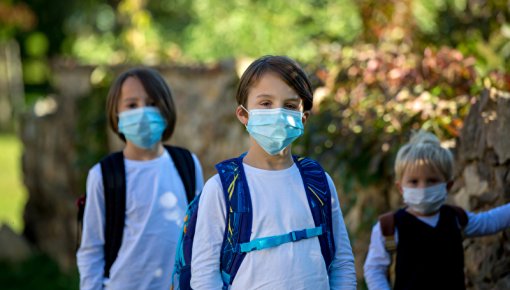COVID-19 vaccines for children and teenagers

COVID-19 vaccines have been approved for people aged six months and over. In children and teenagers, the vaccine is now only recommended if they already have certain other medical conditions.
COVID-19 vaccines cause the immune system to make antibodies and special cells (like T cells) that target a foreign protein on the surface of the coronavirus. If the vaccinated person later comes into contact with the coronavirus, their immune system quickly recognizes and fights it.
Some children and teenagers have been vaccinated against COVID-19. Many have also had the disease and recovered from it. Children and teenagers rarely have severe COVID-19 symptoms.
